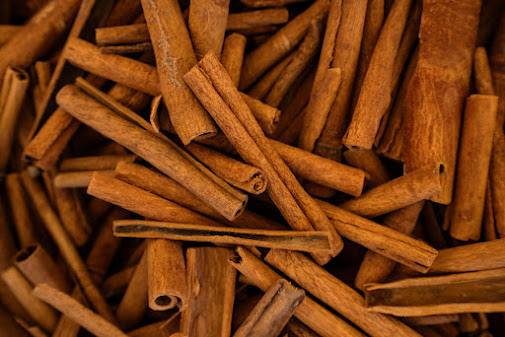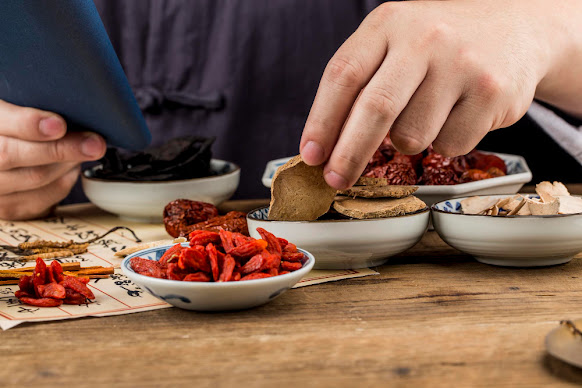Healing with Food: Understanding the Therapeutic Properties of TCM Ingredients

Food is viewed in Traditional Chinese medicine (TCM) as a potent means of healing and fostering general well-being in addition to serving as a source of sustenance. TCM places a strong emphasis on the medicinal qualities of diverse foods, using their intrinsic energies and flavors to rebalance the body and treat particular health issues. In this blog, we will delve into the therapeutic qualities of TCM components and examine the idea of healing with food in TCM. Understanding TCM Food Energetics Each food is categorized in TCM according to its energetic qualities, such as its temperature (warming or cooling) and how it affects the body's energy (yin or yang). The body's imbalances can be treated using these energetic qualities. For instance, those who are chilly are frequently advised to consume warming foods, whereas people who are hot are typically advised to eat cooling foods. TCM practitioners choose herbs that can help healing and promote balance by knowing these features....








.jpg)